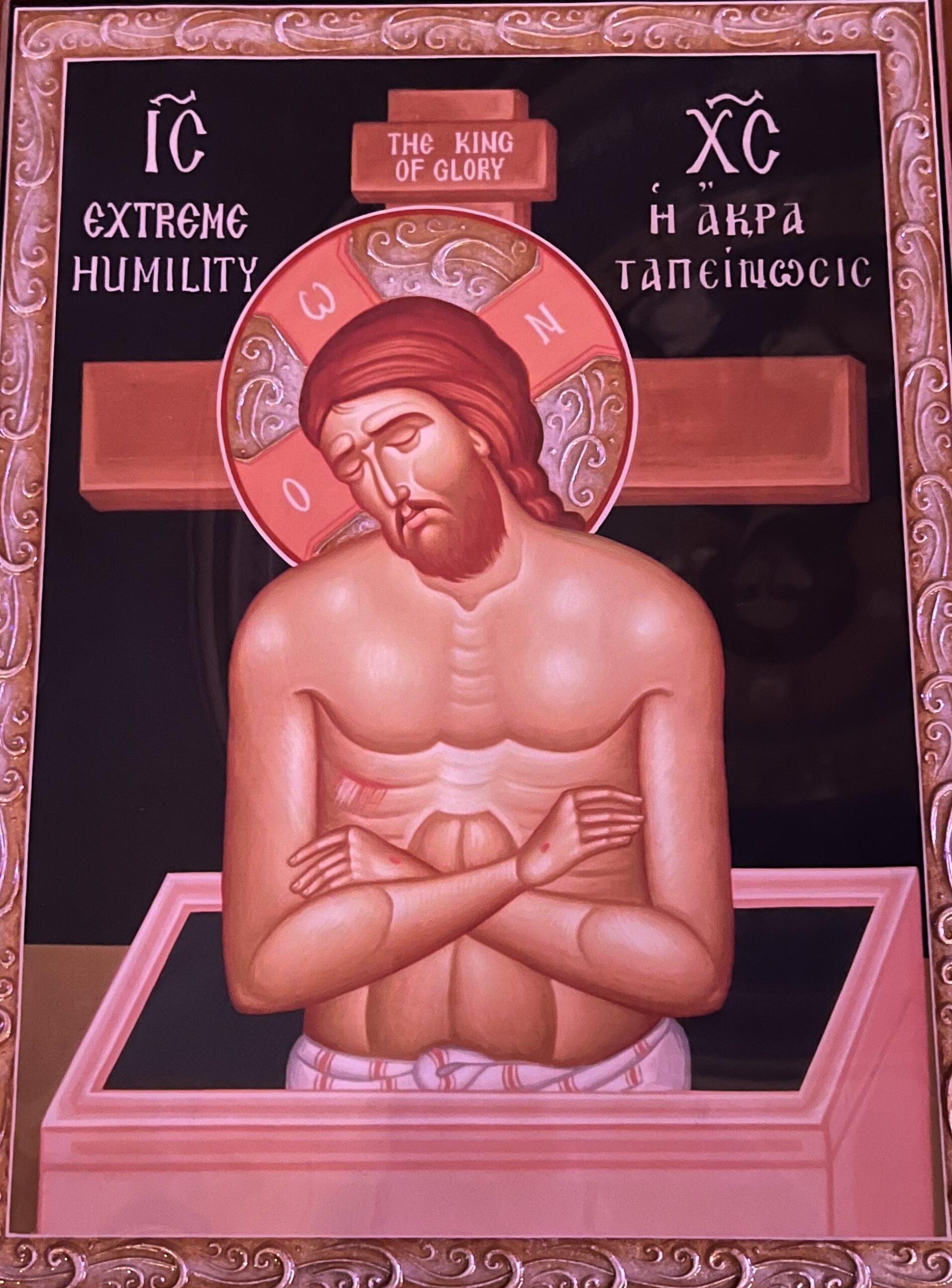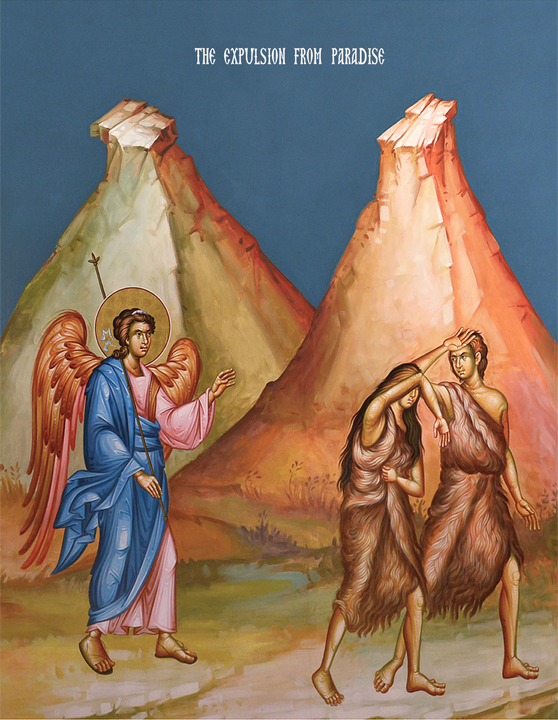When Jesus had spoken these words, He lifted up His eyes to heaven and said, “Father, the hour has come; glorify Thy Son that the Son may glorify Thee.
John 17:1
There are two Greek words for “time.” One is “Chronos” which is the kind of time that is measured in days, hours, minutes and seconds. This is the kind of time we are used to keeping in our lives as we adhere to busy schedules. The second word for time is “Kairos.” This refers to God’s time. It is not measured in hours, minutes or seconds. God’s time and our time move differently. When we think of the attributes of God—peace, love, joy—there doesn’t seem to be a way to ascribe time to them. In our daily lives, we hopefully schedule some enjoyment and leisure. Maybe we watch a television show or a sporting event or do a hobby. But these things are always measured in time. We have to pause to eat, or to sleep or to get another activity done. We don’t measure God’s love according to time. There isn’t a time when it begins and ends, as if it were a one-hour television show. His mercy and peace and forgiveness and so many other attributes are not measured according to time either.
Before the Divine Liturgy begins, the priest offers a short service called “Kairos.” It is where he asks for God’s blessing to celebrate the Divine Liturgy. It is where he asks God to suspend time, to help him to lay aside all of his thoughts in order to enter into God’s Kingdom for the period of the service. When a priest takes Kairos, ideally his mind leaves all of his earthly concerns and he engages only with God. That is the ideal. I confess that many times that is not the case for me. But I also am happy to report that many times that is the case. I feel a disengagement from the world and all of its stresses and busy-ness and a peace with God and a joy to stand in His presence.
In three days, we will begin the Holy Week journey. In most churches, there will be between 14 and 17 services in an 8 day period. There will a long journey through the Holy Week book. There will be a lot of standing. There will also be a lot of emotion. There will be a lot of chances to receive Holy Communion. There will be lots of chances to relearn, or perhaps learn for the first time the significance of the Lord’s Passion and Resurrection.
The services obviously will have a beginning and an end time. They won’t last forever. And time won’t stand still for us for Holy Week. There will still be meals to make, children to tend to, jobs to be gone to, etc. With the three days we have left, I encourage you to get ahead on cooking and cleaning, get as much stuff done as possible, so that for at least part of Holy Week, you can experience Kairos, you can really put aside your worldly cares in order to spend some quality time with the Lord in His house.
Tomorrow, we will discuss a Holy Week plan, where you can select at least one from six groups of services. Ideally, I hope that at some point in each person’s life, you can attend all the Holy Week services. I hope that you’ll each have the opportunity at least once to read every page of the Holy Week book.
Many Catholic Churches do what they call “Parish Mission” while Protestant Churches have something called a “revival.” These occasions are where there are several nights of intense activity at the church, designed to renew and revive the faith of individuals and strengthen the bond of the community. In the Orthodox Church, we don’t have to fly in a guest preacher or plan a special week in order to renew our faith and strengthen our community. That week has been provided for us each year. It is called Holy Week. This one week of the year serves to help us remember what Christ did for us. It serves to help us renew our individual faith. And it should serve to strengthen the bond of our community. These things are possible if we approach the week with a sense of “Kairos” rather than “Chronos.” It will happen if we are able to set aside our worldly cares, so that we can receive a more intense dose of our Lord and of our faith.
One more comment on “Kairos.” Many people in our churches will wonder rather loudly how long the services will take. And many priests will promise the people, “If you just come, we’ll get it over quick,” as if we are going for some painful medical test. I’ve heard priests promise “Come on Easter night and I promise I’ll have it over by 1:15 a.m.” I make no such promises. I promise that I won’t drag the services, but I won’t speed them up either. I can’t imagine looking at Christ on the cross behind the altar table and saying to Him, “Sorry Lord, I have to speed it up, the people are restless.” Christ laid down His LIFE for us. It is a privilege to spend this week with Him.
Let us who mystically represent the Cherubim and sing the thrice holy hymn to the life-giving Trinity, set aside all the cares of life that we may receive the King of all, invisibly escorted by the Angelic Hosts. Alleluia. Alleluia. Alleluia. (Cherubic Hymn, from the Divine Liturgy of St. John Chrysostom, 2015 translation, Greek Orthodox Archdiocese of America)
The hour is coming in only a couple of days for us to glorify the Son of God as we make our annual Holy Week journey!

